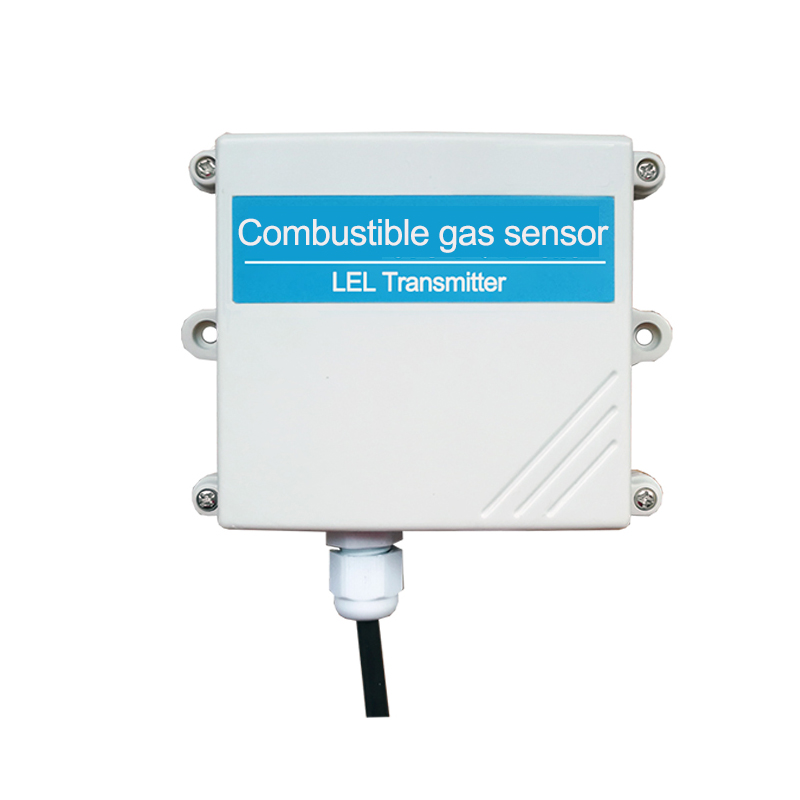Understand combustible gas detectors
A combustible gas detector is an essential tool for ensuring safety in various settings where the presence of flammable gases poses a risk. These devices are designed to detect the presence of combustible gases in the air and provide early warnings, allowing for prompt action to prevent accidents and potential disasters. This article explores the importance of combustible gas detectors, their functionality, and their role in ensuring safety in hazardous environments.

A combustible gas detector is a specialized device used to identify and measure the concentration of flammable gases in the surrounding atmosphere. It employs advanced sensor technology to detect gases such as methane, propane, butane, and many others commonly found in industrial, commercial, and residential environments where flammable materials are present.
The primary function of a combustible gas detector
The primary function of a combustible gas detector is to provide early warning of a gas leak. Upon detection of a combustible gas, the device triggers an audible and visual alarm, alerting individuals to evacuate the area and take appropriate measures to prevent ignition or explosion. This instantaneous response is crucial for ensuring the safety of personnel and property.
Combustible gas detectors come in various types, including portable handheld devices and fixed wall-mounted units. Portable detectors offer flexibility and mobility for inspections in different areas, while fixed units are installed in specific locations to provide continuous monitoring. Both types are equipped with sensitive sensors that can detect even trace amounts of combustible gases.
One of the notable features of combustible gas detectors is their ability to distinguish between different types of gases. Each gas has a specific detection range, and detectors can be calibrated accordingly. This allows for precise identification of the type and concentration of the detected gas, enhancing the effectiveness of safety protocols and mitigation measures.
The utilization of combustible gas detectors is essential in a wide range of industries. From chemical plants and refineries to oil and gas facilities, these detectors play a crucial role in preventing catastrophic accidents. They enable workers to assess the air quality in confined spaces, underground areas, and other hazardous environments before entering, ensuring a safe working environment.
Moreover, combustible gas detectors are also valuable in residential settings where natural gas is used for heating or cooking. Proper installation and regular monitoring of gas detectors can alert homeowners of potential leaks, preventing incidents such as gas explosions or carbon monoxide poisoning. These detectors provide peace of mind, particularly in homes with gas appliances or heating systems.
In conclusion, the presence of flammable gases in various environments poses significant risks. A combustible gas detector is a vital tool for ensuring safety by detecting the presence of combustible gases and providing timely alarms. These devices are essential in industrial, commercial, and residential settings, enabling prompt action to prevent accidents, mitigate risks, and protect lives and property. Investing in high-quality combustible gas detectors is a proactive measure that promotes safety and contributes to a safer working and living environment.
